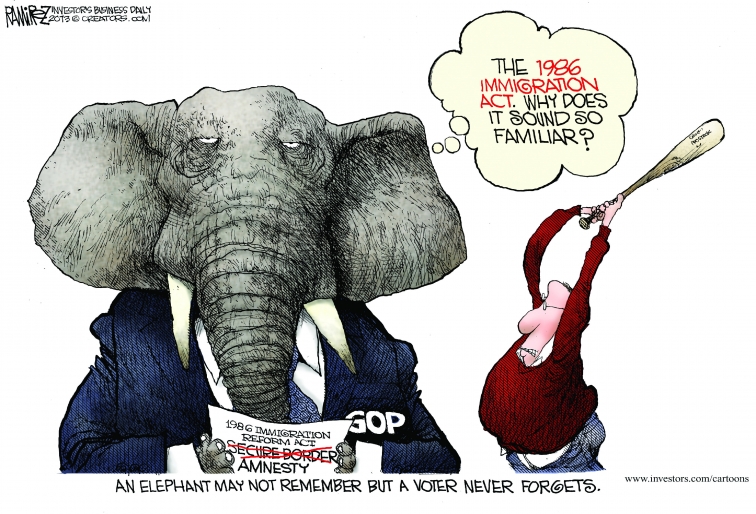For GOP, Successful 2014 Could Pave the Way for an Even Better 2016
There’s reason to be cautiously optimistic about a conservative ascendency on Capitol Hill this year.
Unless something unexpected happens, the House of Representatives looks safe to remain in Republican hands after the 2014 midterm elections.
The real question is whether the GOP can wrest control of the U.S. Senate. The party needs to pick up six seats – and defend all those it holds – to unite with the House against President Barack Obama’s liberal agenda.
How likely is it that Republicans can pull off the takeover?
“To win six or more Democratic seats, Republicans start with the best possible candidates in West Virginia (Rep. Sherry Moore Capito), South Dakota (former Gov. Mike Rounds), and Montana (Rep. Steve Daines),” writes Fred Barnes. “These open Democratic seats are regarded as near-certain GOP takeovers, but they wouldn’t be if Republicans were stuck with second-tier candidates or worse.”
In political jargon, first-tier candidates are people who can interact with the media well, raise money, avoid unnecessary errors and gaffes and generally present a likeable personality to voters.
In order to win control of the Senate, Republicans also need to compete in slightly more difficult races.
“Then there are the four red states with Democratic incumbents–Louisiana, Arkansas, North Carolina, and Alaska,” says Barnes. “Once again, Republicans are blessed with able, attractive candidates. As a result, all five races are tossups or lean Republican.”
Controlling both legislative chambers would give Republicans the ability to show Americans a sharper contrast with Obama’s policies. For the first time since the president took office, the GOP – and in particular the conservative intellectual leadership that drives the party’s policy agenda – would be in a position to pass alternative solutions for job growth, health care, etc. Having two years to work out the details would be an excellent test drive for ideas ahead of the 2016 presidential contest when contenders could adopt the most popular proposals.
Come Election Night, we’ll see whether that process of refinement begins or is once again put on hold.


 CFIF Freedom Line Blog RSS Feed
CFIF Freedom Line Blog RSS Feed CFIF on Twitter
CFIF on Twitter CFIF on YouTube
CFIF on YouTube